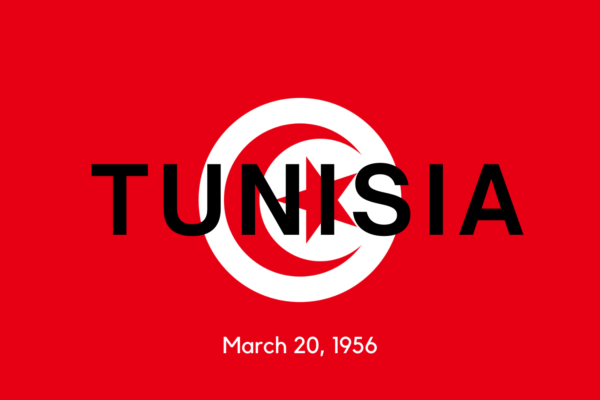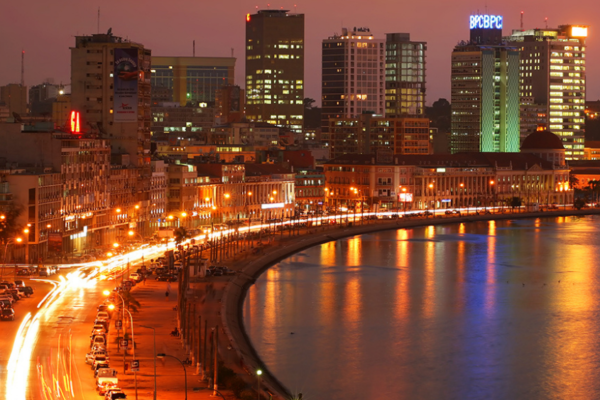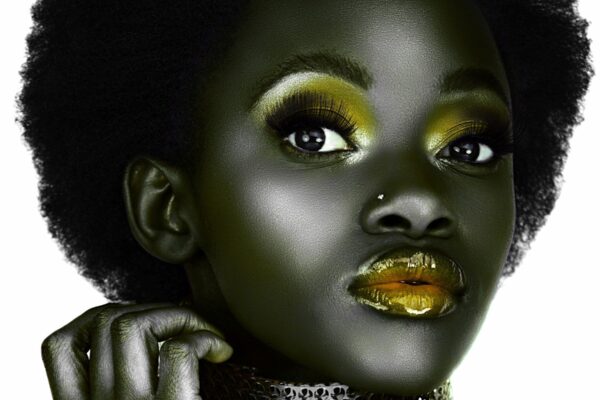African Country names for many are a mystery to unfold. Without a name, something doesn’t exist in the known world. Europeans for a long time didn’t know many places. Sadly when they discovered them they gave them names as though they did not exist prior to their discovery. But all continents and peoples had names that are no less important than the names we know them by today.
Though some names are wrapped in mystery some are pretty evident. Not many people know that Africa was not known by this name until a few centuries back. According to the Kemetic history of Afrika, the narrative suggests that the former name of the continent is Alkebulan. Al-ke-bu-lan means “the Garden of Eden” or “the mother of humankind,”. This stems from the belief that life is born on this continent.
All locations follow a systematic fashion of naming. This is either after its shape, the name of a significant person or a god. A prominent feature or a tribe can also give a place its name. When Europeans and Arabs colonised Africa about a century and a half ago, they followed this naming fashion.
However, before we look at some African Country names, let us find out how the continent got its name.
Africa
The recent name of the continent came into existence about four centuries ago. People initially used the original name of the continent, Alkebulan, to refer to the northern part of Africa. Other regions of the continent had different names before the European colonizers gave it its known name. These names include the land of Ham, as Ham means black in Hebrew. Explorers referred to Africa as the kingdom of Cush, the former name of the Ethiopian empire until colonization. Other names people used for Subsaharan Africa are Ortegia, Corphye, and Libya until they came up with Africa.
Many try to explain how the name Africa came about, but no one can say the word’s true origin. The Africus theory suggests that the continent got its name from a Yemenite ruler. He conquered northern Africa and named it Afrikyah, after himself. Others suggest the name came from Indian traders. They accessed the continent through its horn and called it apara, which is translated in Hindi as “comes after.”
Some scholars say that the name came from Romans. They discovered a land across the Mediterranean Sea and named it after a Berber tribe, Afri. Romans translate Africa to be the land of Afri. Yet another school believes it derives its name from the continent’s climate. A Greek word, aphrike (which means a land free from cold), the Roman word, aprica (which means sunny), and the Phoenician word, afar (means dusty or sandy) are possible sources of the name.
Just as the name of the continent is mysterious, some African country names are equally reticent. Let us divulge some of these!
A History of Some African Country Names
Kenya
A country in the east of Africa got its name a few centuries ago when British explorers reached the area. The Britons came across a mountain capped with snow at the peak. The occurrence was strange to them. The Kikuyu people who dwelt around the mountain called Kirunyaga translated to where God lives. However, the Britons couldn’t correctly pronounce Kirunyaga and instead named Kenya. Thus, the country’s name.
Mali
In the north of Africa, this country derived its name from one of its native tribes’ words for hippopotamus. For the Bambara tribe, the hippopotamus signifies resilience and vigour. According to Malian history, the founding chieftain of the region, Sundiata Kieta, reincarnated into a hippotamus upon his death.
Nigeria & Niger
European colonisers named two countries west of the continent, Nigeria and Niger, after River Niger. It passes between those countries as it drains into the Atlantic. The French colonialists named River Niger. Niger is possibly a combination of Ni being “river” and Gir, originating from the Latin for “black”. So, in essence, River Niger is also the river of black. Nigeria is means “Niger area” due to its proximity to the River Niger and is Nigeria for ease.
Gabon
Portuguese traders named it after its shape. The explorers who first came to Gabon in the 15th century gave the name after reaching Como River Estuary. They named it Gaboa, translating to “coat” because the area looked like a shirt with long sleeves and a hood.
Sierra Leone
Also named by a Portuguese explorer in the 15th century. He came to a series of mountains on his quest. He described them as a lion’s teeth collectively or the strike of a thunderstorm. For this reason, he named the place Sierra Lyoa, which translates to “lion mountains.” Thus Sierra Leone.
Cote d’Ivoire
French colonizers named it Cote d’Ivoire and by Portuguese explorers as Costa Do Marfim, both translating to “Ivory Coast”. The French gave the country its name due to its global trade of ivory alongside coffee, and cocoa.
Some African Country Names Reclaimed
Like Zimbabwe in southern Africa and Ghana located in western Africa, few countries reverted to their previous names before colonization. Before gaining her independence, Zimbabwe was Rhodesia, after a prominent European, Cecil Rhodes. Present Ghana was Gold Coast by its British colonizers. Both reverted to the names that their ancestors used before colonization. President Thomas Sankara gave Burkina Faso its name. The name means Land of incorruptible people.
Europeans colonized most countries on the continent. Their present names are by the colonizing Europeans (or Arabs like Comoros), and they have remained so today.
Some countries are today changing their names. This represents their heritage and gives an avid description of their history and migration. One such country is South Africa, which many have already referred to as “Azania”.





